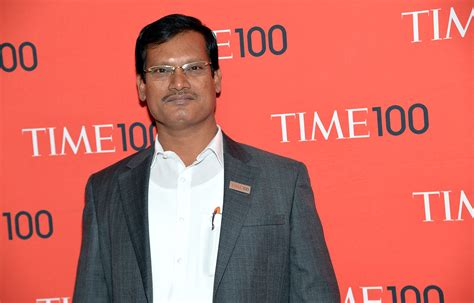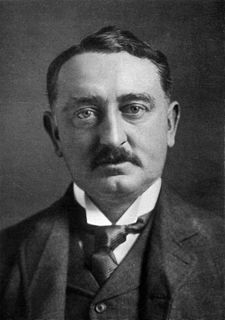A Quote by Bill Gates
We are seeing smarter philanthropy, more philanthropy, and that's true world wide. So it's kind of a movement that has a lot of accomplishments, even though as a percentage of the economy, it's still only a few per cent.
Related Quotes
I think philanthropy is also growing and catching on. Figuring out how the philanthropy sector, which is quite small compared to the private sector, which is the biggest by far, and then the governments, you know, even in these poor countries over time has to take on these key responsibilities. How does philanthropy accelerate that? Drive the kind of innovations, make sure they get used well. So it plays this kind of special role.
In the ideal world, philanthropy should be redundant or at least it should be at the edges, as innovation or risk capital. But it's far from an ideal world; the wealthy are cornering more and more opportunities and resources from this planet. So, the big challenge for philanthropy is... can it engage with the distribution of wealth itself?
There are three lessons in philanthropy - one, involve the family, especially the spouse. She can be a remarkable driver of your initiative. Two, you need to build an institution, and you need to scale it up. Choose a leader for philanthropy whom you trust. Three, philanthropy needs patience, tenacity and time.
































